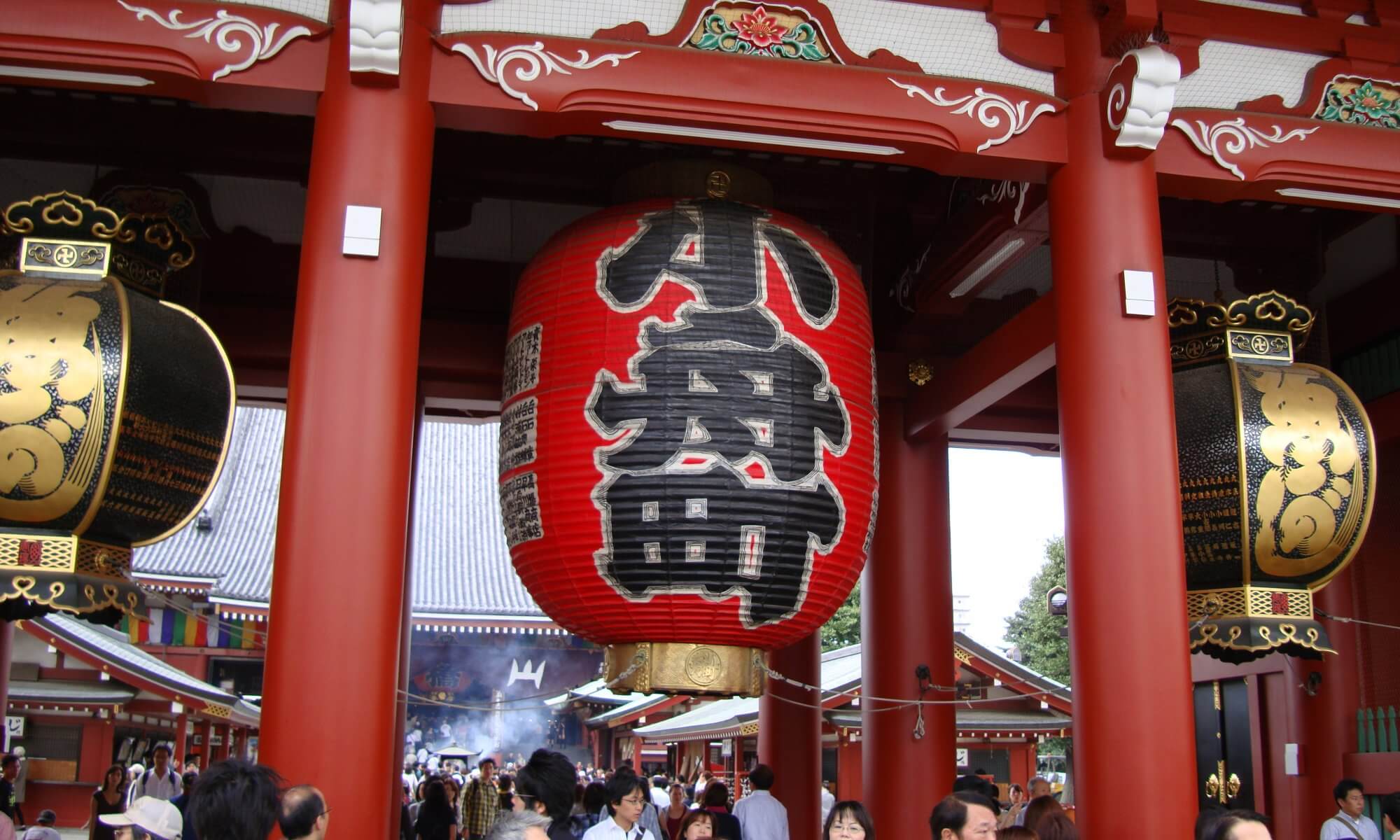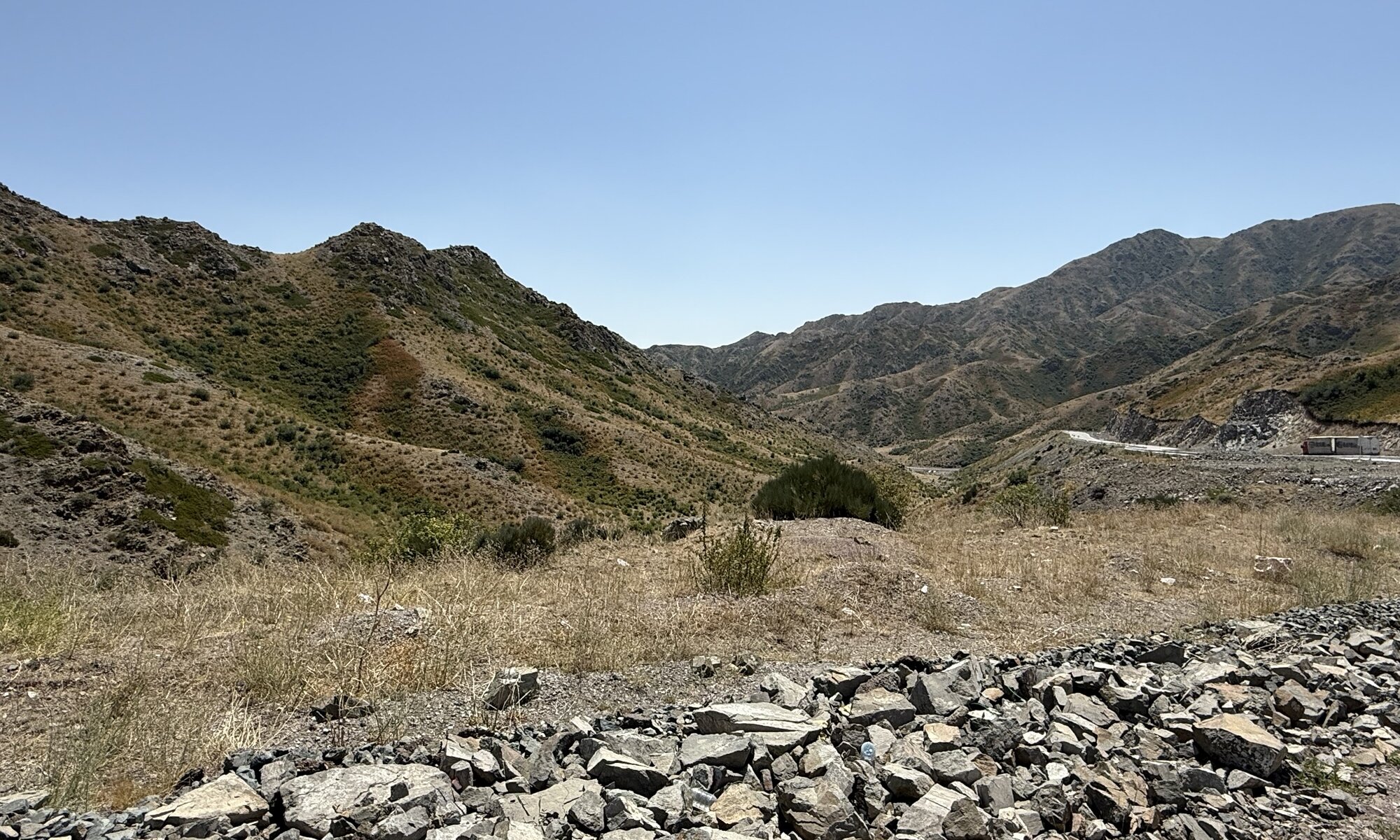Kazakhstan is a fascinating country with a deep and complex history that reflects its position as a crossroads of civilizations. Historically, it was the land of nomadic tribes who roamed the vast steppe, living in harmony with nature and relying heavily on their herds. Its strategic location meant it was influenced by various empires, including the Mongols and the Russian Empire, which shaped its cultural and political landscape. The 20th century brought dramatic changes as Kazakhstan became part of the Soviet Union, undergoing rapid industrialization and social transformation. Finally, in 1991, Kazakhstan declared independence, stepping into a new era marked by sovereignty and development.
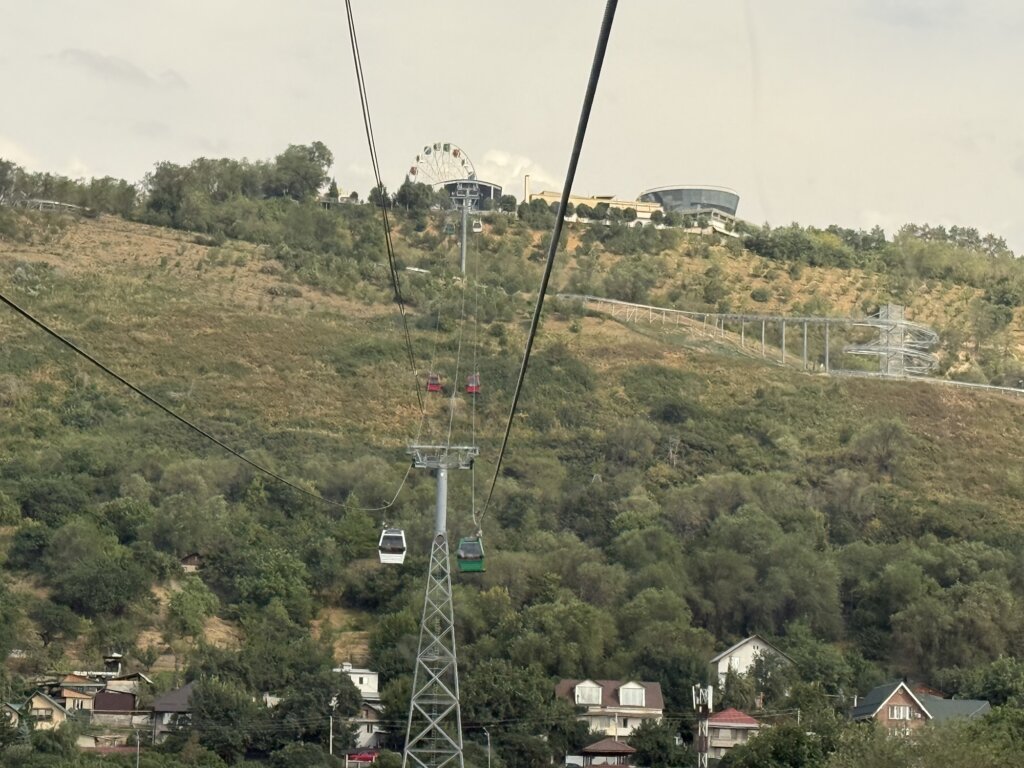
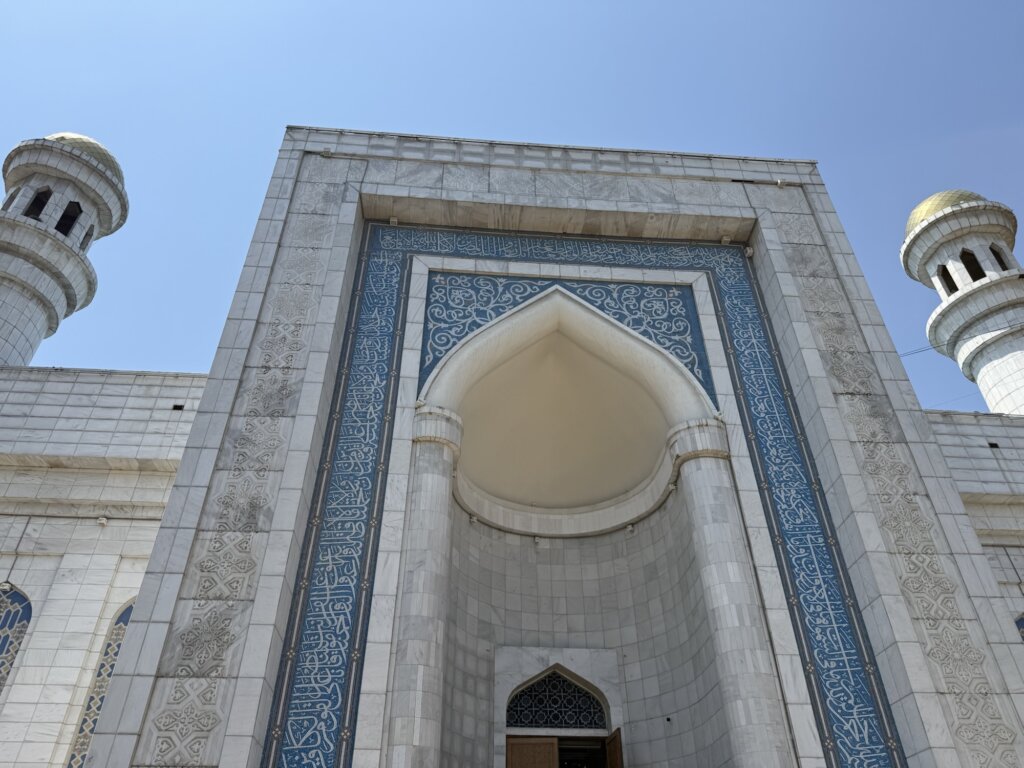
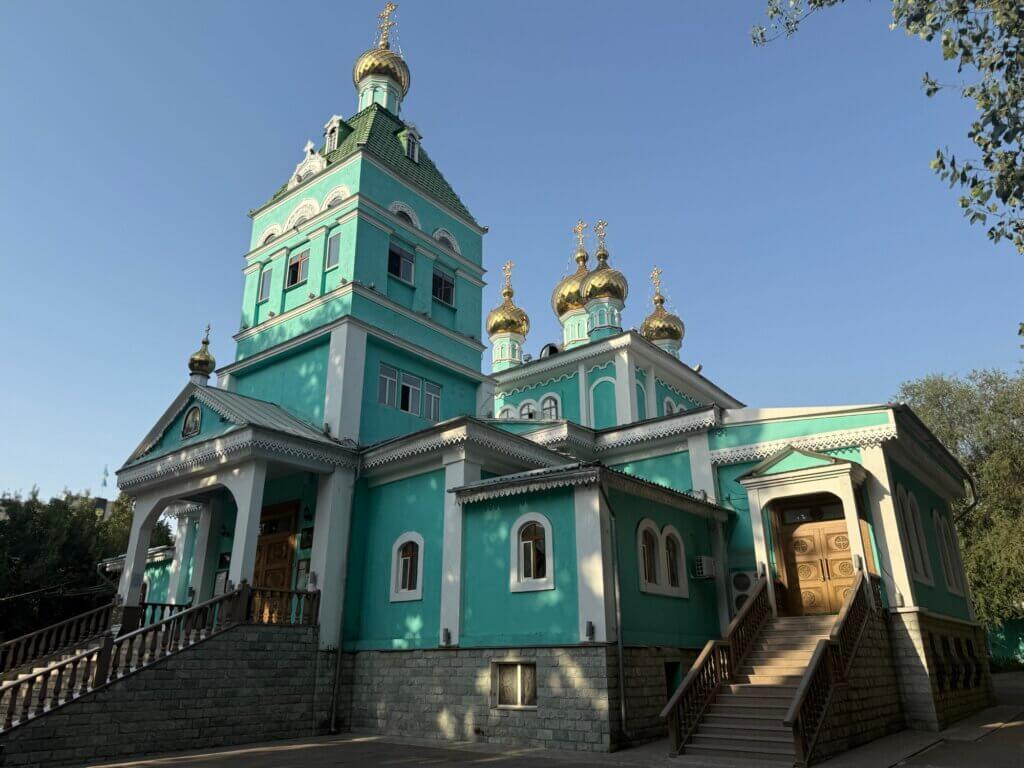
Since gaining independence, Kazakhstan has made remarkable progress on many fronts. The government invested heavily in infrastructure, education, and technology, transforming cities like Алматы and Астана into modern urban centers with impressive skylines and vibrant economies. The country’s vast natural resources, including oil, gas, and minerals, have fueled its economic growth, helping Kazakhstan move from a post-Soviet transition economy to one with significant regional influence. Moreover, Kazakhstan has embraced a multi-vector foreign policy, fostering diplomatic and trade relations with China, Russia, Europe, and beyond, which has enhanced its global standing.
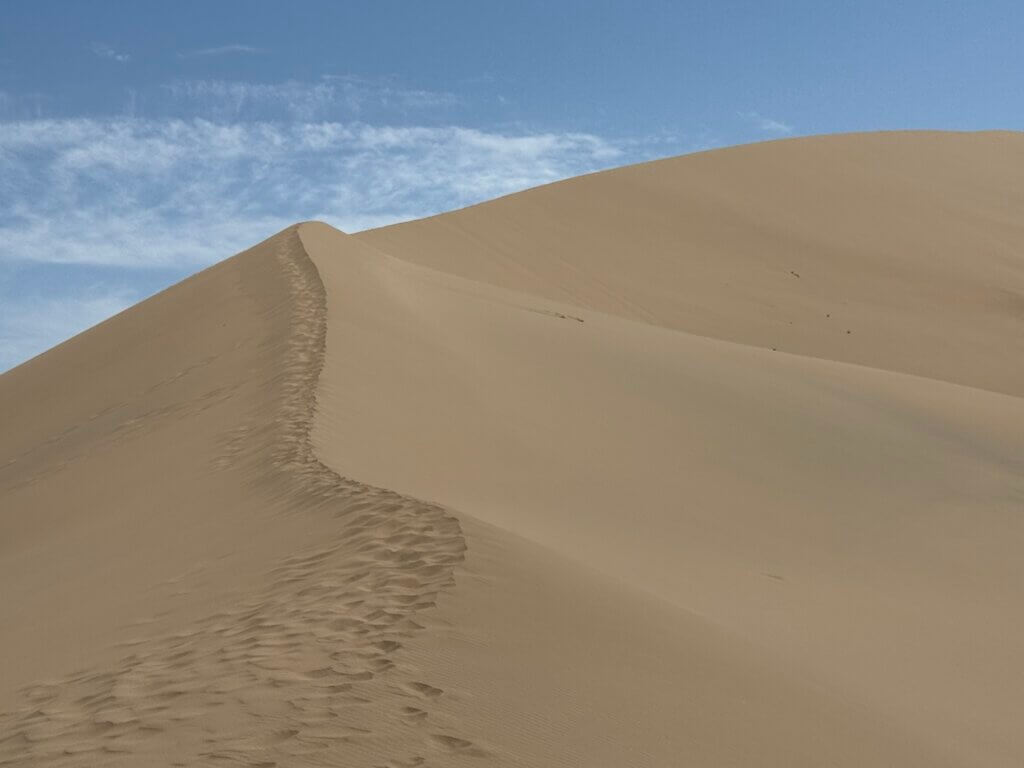
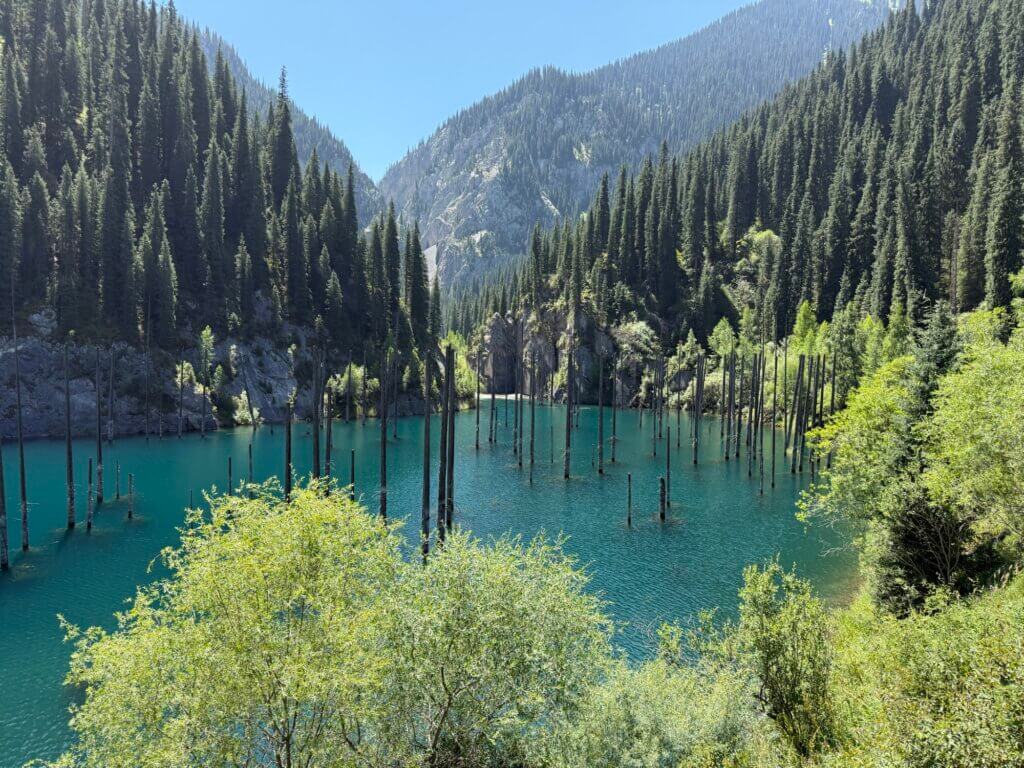
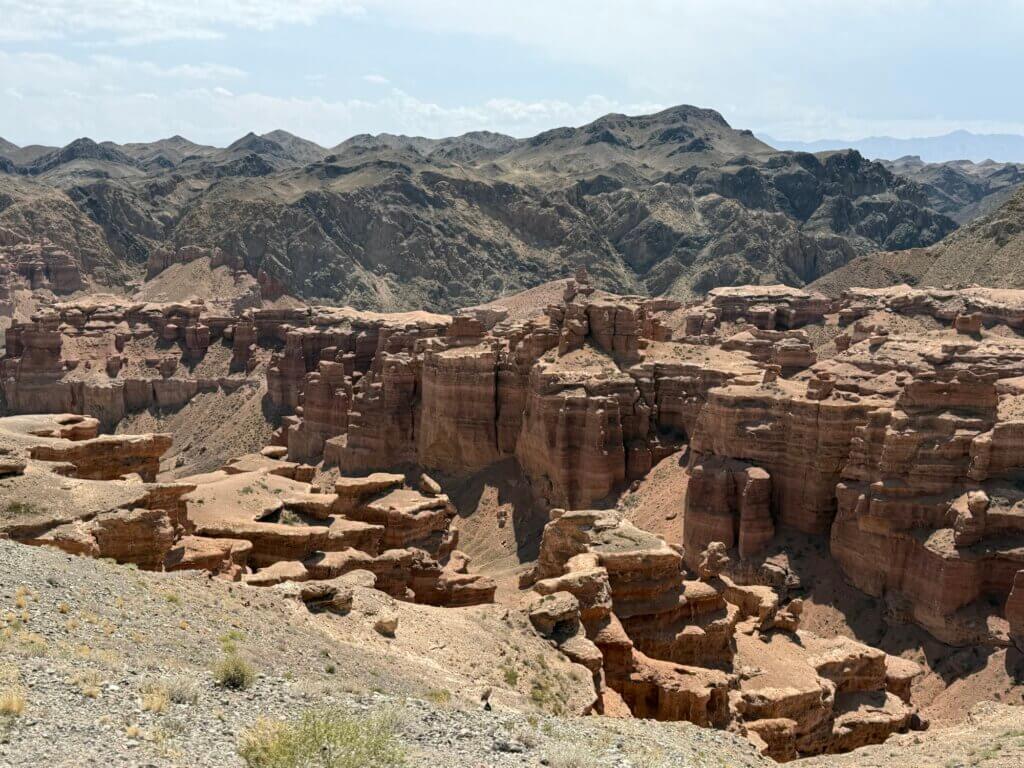
One of the most endearing aspects of Kazakhstan is the hospitality of its people. Visitors often speak of the warmth and generosity they encounter, whether in urban settings or remote villages. Kazakhs take pride in their traditions of welcoming guests, often sharing meals that showcase their rich culinary heritage – including dishes like beshbarmak and kazy. The spirit of community and mutual respect is woven into everyday life, and this openness extends to strangers, making it easy for travelers to connect on a personal level with locals.
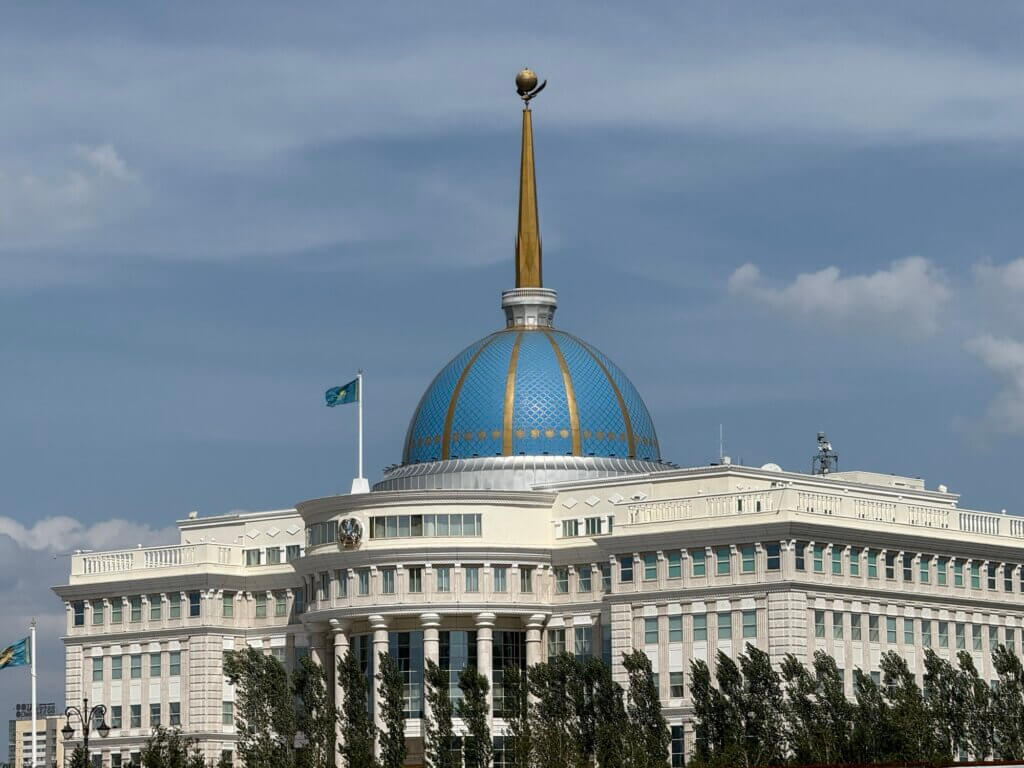
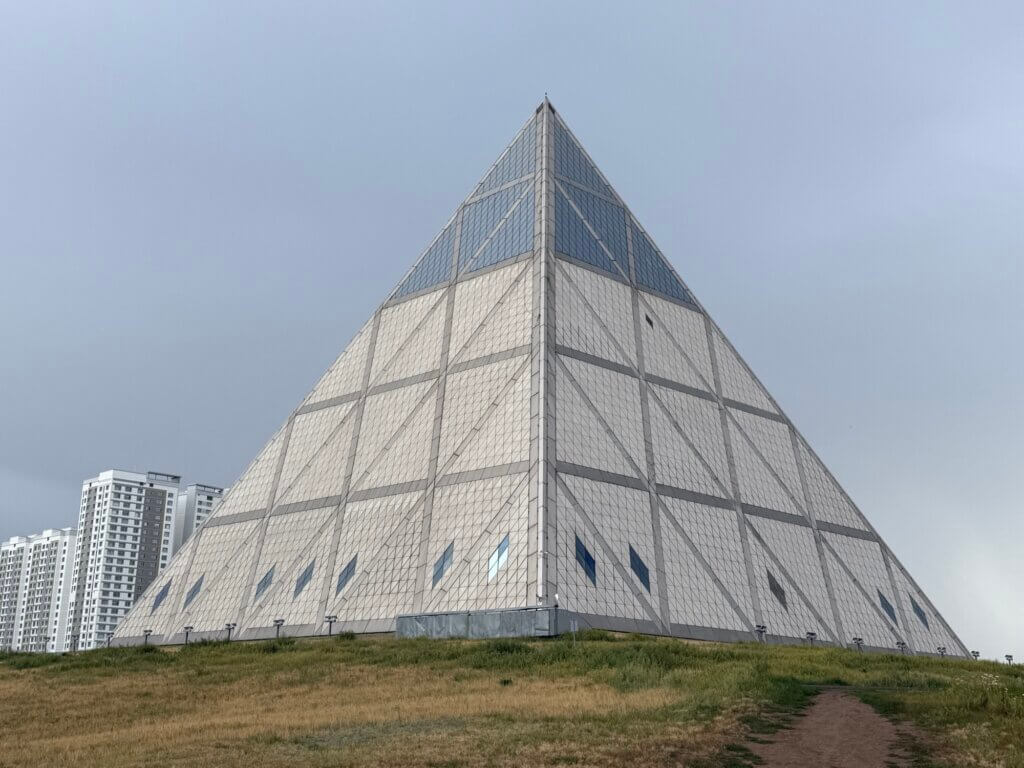
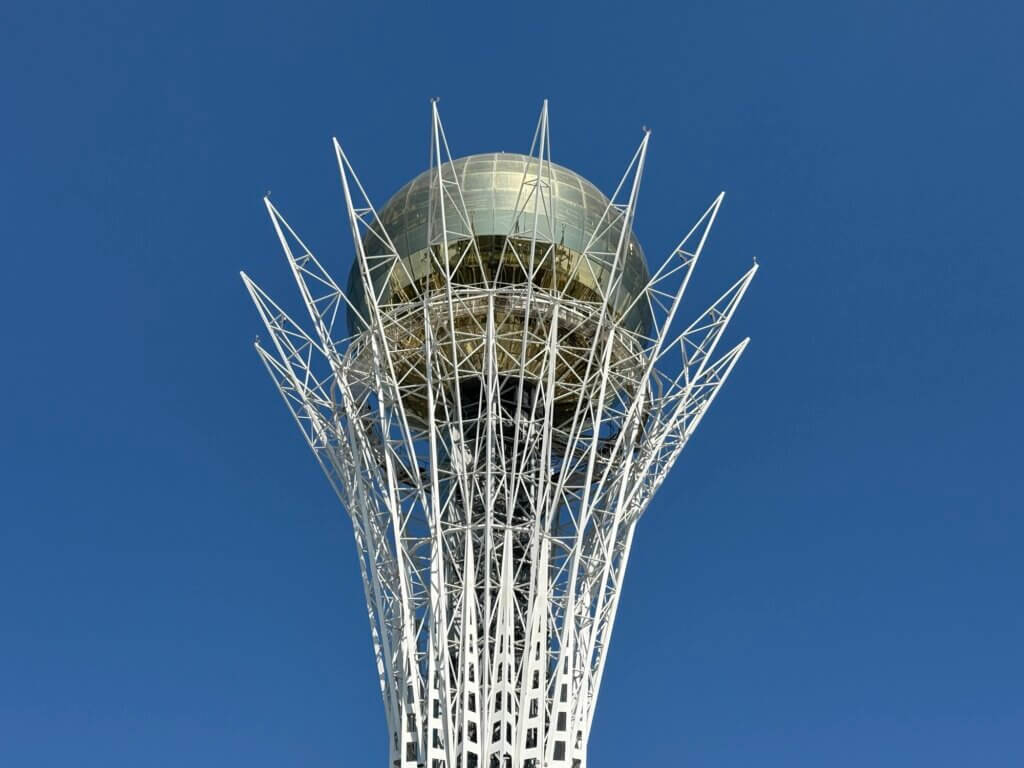
I experienced the biggest landlocked (and 9th biggest) country of the world as unexpected progressive and extremely hospitable. While people traditionally speak Kazakh and Russian language, people under 40 within the big cities were all able to switch to a very good English. Traveling Kazakhstan is a rather cheap experience for a central European, a good meal in a restaurant can be around five Euros. Beshbarmak is the national dish, but I especially enjoyed Lakhman (an Uyghur dish) and Pilov.
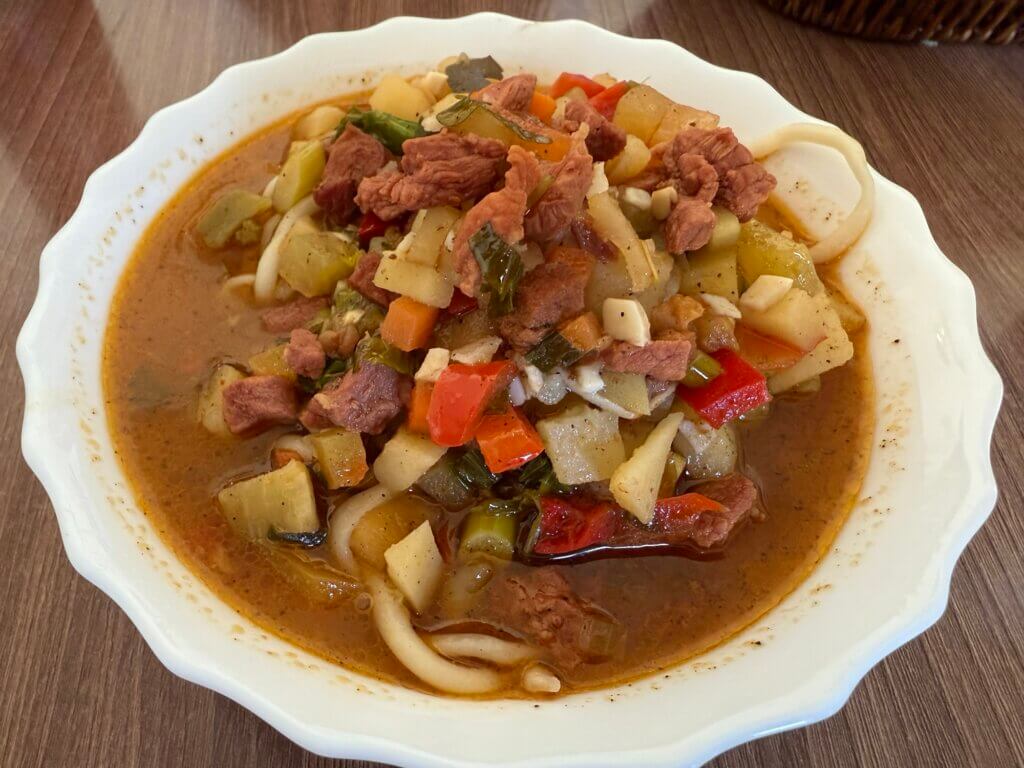

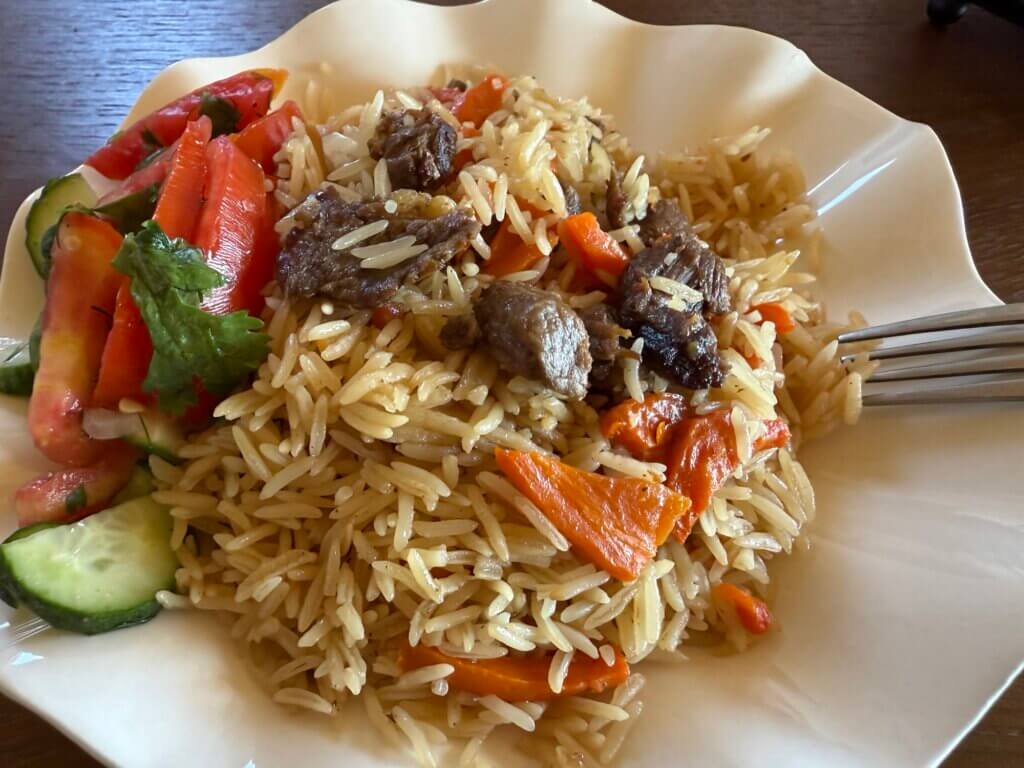
Traveling through Kazakhstan offers an unforgettable experience not only because of its stunning natural landscapes – from endless steppes and towering mountains to serene lakes – but also due to the kindness and pride of its people. Whether exploring the cosmopolitan bustle of its cities or the quiet beauty of its rural expanses, you will find a proud nation that honors its past while looking confidently toward the future, always ready to welcome visitors with open arms. I started at Алматы, then explored the countryside and went by train to Түркістан and further on to Астана. It was a great pleasure especially because of my three local drivers and (culture) translators: Nazir, Evgeny and Nurik. Рахмет!
Алматы, Астана, Түркістан, Шымкент, Басши, Тараз, Шу, Сары-Шаган, Қарағанды, Арыс, Ақтөбе, Актогай, Құрменті, Саты, Чунджа, Көкпек, Куртогай, Сарытогай
Kazakhstan
Loading map...

